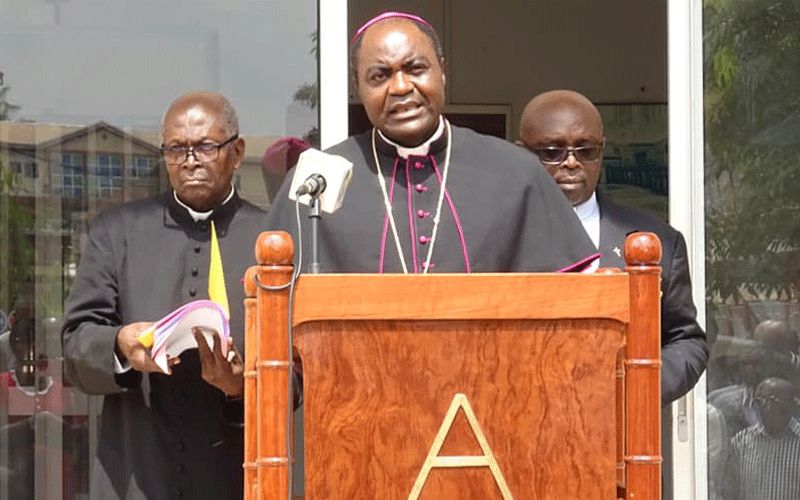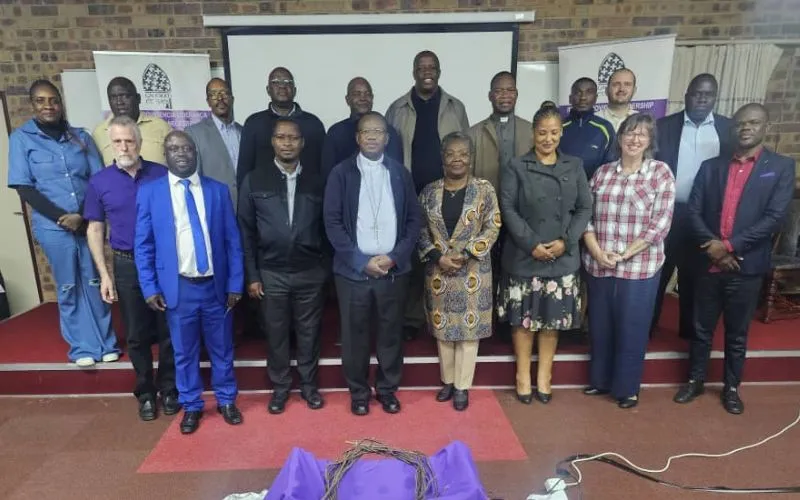BAFANG, 15 September, 2020 / 8:04 pm (ACI Africa).
With the Regional Elections in Cameroon approaching, a Catholic Bishop in the Central African nation has raised concerns about growing tension among political parties amid “rampant chaos,” and attributed the state of things to “weakness of government structures”
“For quite some time now, our country has been living not in the perspective of progress, but in the perspective of growing chaos. The effects of this rampant chaos are easily visible in our towns and villages,” says Bishop Abraham Kome of Cameroon’s Bafang Diocese in a statement shared with ACI Africa Monday, September 14.
In the statement, Bishop Kome notes that the instability is “derived, to a large extent, from the weakness of government structures which are centered on the desire to ensure the satisfaction of the ruling class.”
“In recent times, these strategies have taken a decisive turn in our country with the population asked to take to the streets in order to bring about a change of direction,” Bishop Kome who doubles as the President of the National Episcopal Conference of Cameroon (NECC) adds.
There has been a tense political atmosphere in Cameroon after President Paul Biya announced the first Regional Elections scheduled to take place on December 6 in the Central African nation, according to a local media report September 7.








